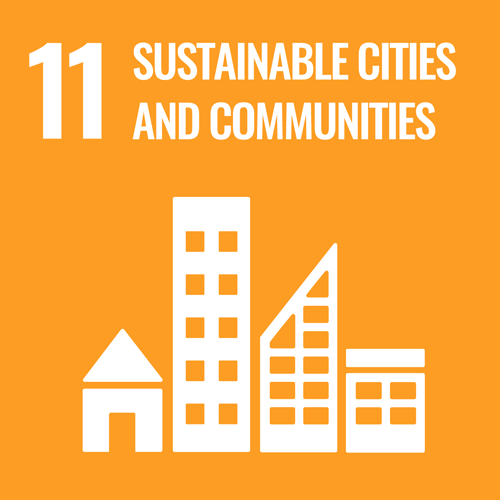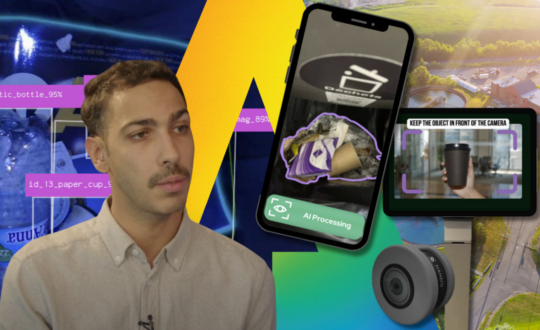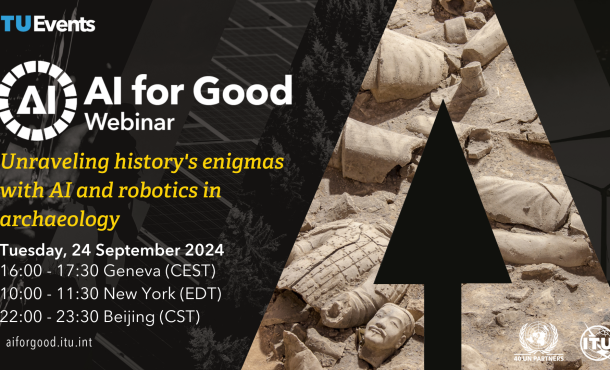Helsinki and Amsterdam launch AI registers to detail city systems

*The following Cities Today article has been republished with the author’s kind permission. The original article can be found here.
The cities of Helsinki and Amsterdam have worked together to each launch an Artificial Intelligence Register, which they describe as “a window to the AI systems that the cities use”. The registers are thought to be the first of their kind in the world.
Systems already listed in Helsinki include chatbots that make book recommendations or answer questions about pregnancy, health or parking, as well as an intelligent material management system (IMMS) for the city’s library. Amsterdam’s include a programme to monitor parking compliance, automatic categorization of citizen-reported issues and an algorithm that prioritizes investigations into reports of possible illegal holiday rentals.
The registers incorporate an overview of the AI systems as well as detail on the datasets they use, how data is processed, how inclusion is ensured, risks, and whether the tools have human oversight. The cities plan to bring more applications into the registers in the coming months.
People can also provide feedback and participate in research related to AI to influence how systems are built in the future.
The cities say they are committed to “human-centred AI” and the move is part of their objective that AI in public services must operate on the same principles of “responsibility, transparency and security” as other activities of the city.
The registers have been implemented by Saidot, a Finnish company which specializes in transparent, ‘explainable’ AI platforms.
Cities striving to strengthen trust
Pasi Rautio, a project manager at the City of Helsinki who leads on data, AI and robotic process automation (RPA), said: “The use of artificial intelligence is becoming more common in the world, and its use will also increase in the city’s services in the future, as artificial intelligence becomes more familiar and the city learns more about its applications.
“The wide-ranging utilization of artificial intelligence is conditional on maintaining trust in the city’s activities. Therefore, the city strives to strengthen this trust with the greatest possible openness. This is why the Artificial Intelligence Register has also been created.”
“Algorithms play an increasingly important role in our lives. Together with the city of Helsinki, we are on a mission to create as much understanding about algorithms as possible and be transparent about the way we – as cities – use them. Today we take another important step with the launch of these algorithm registers,” commented Touria Meliani, Deputy Mayor of Amsterdam (Digital City).
Similar registers are expected to become more common elsewhere too. London is developing an Emerging Technologies Charter – a set of criteria that digital innovations should meet if they are deployed in the capital. Earlier this year, New York announced that it would hire its first Algorithms Management and Policy Officer (AMPO) to oversee algorithmic decision-making – a job it believes is unique within urban government.
The University of Helsinki is also launching a new online Ethics of AI course in November for software developers, users of AI applications and decision-makers.












